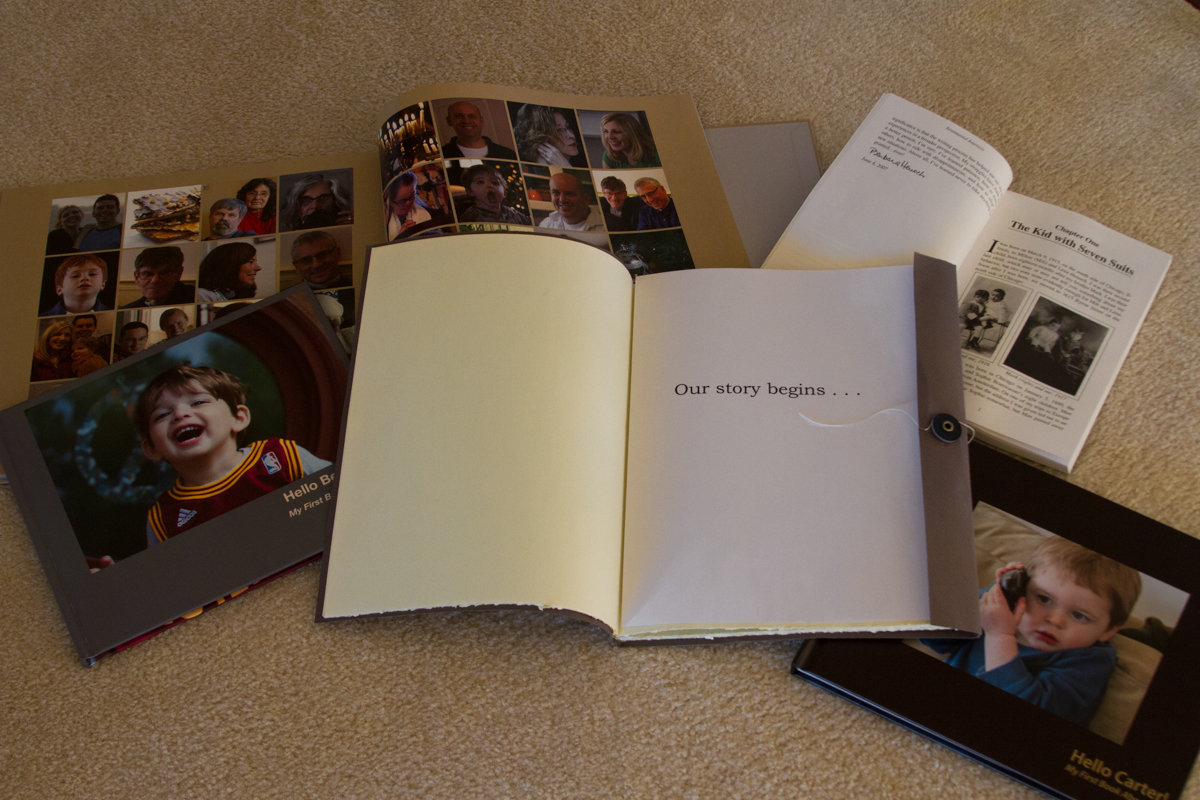So you’re now grandparents—with relish.
You devour the privileges. Watching your kids do what you did. Spending time with the grandkids. Enjoying special moments of intimacy with each one of them. Seeing them grow through lifecycle events, both joyous and serious—brit milah, simchat bat/baby naming, performances at school and in activities, b’nai mitzvah, graduations, weddings, etc.
But what about the responsibilities? Some grandparents can’t figure that one out. The practical responsibilities of caretaking—those belong now to your kids. Are you destined solely to observe, attend, give birthday presents and—if you live in the same area—to offer spot babysitting?
Far from it.
It’s a tradition
According to Jewish tradition, the responsibilities of teaching and guiding only grow with age, wisdom, and experience. You remain parents, still in the business of teaching your children, albeit with wholly different challenges of time, place, style and frequency. And you are grandparents, with the unique opportunity to take the role of teacher and mentor to an entirely new level.
As grandparents, you become the main link for your grandkids to the past, to lives lived in a different way, to values highlighted when they are now hidden, to traditions less obscured by modern stimuli. As you communicate to your grandkids about your past, you offer them alternative roads to their future.
We all want to preserve our legacies and life experiences for future generations. Grandparents, here’s your chance. Inspired by a simcha coming or just past, initiated by your grandchild’s family roots project, standing on the scaffolding of memory generated by the moment, give your grandkids the gift of your lives. Your grandkids want—and need—to hear you, both now and in the future.
Preserve your story for them, and for the generations beyond. Record or write it yourself, or with the seasoned help of a personal historian—who will interview you, hear your story, ask the right questions, draw out the formative moments, relationships, themes and emotions, and tie them together.
A few guidelines:
- Focus on life-changing decisions, transitional moments, moves, influential relationships, mentors and those you have mentored.
- Consider your core values and how have you lived them. Discern what your life goals have been and whether you have achieved them.
- Remember that the goal is not to determine exact history—but rather to grasp the riches you can from your past and to reflect on how they made you feel, what impact they’ve had on your life and the lessons you’ve learned that you’d like to pass on to the next generations.
Go beyond and arrange transcriptions and written text in a life story book—replete with photos, memorabilia and other scans which illustrate the life you’ve led. Create a visual timeline of your life that correlates events in your life with events in the world around us. Frame an ethical will to accompany your estate planning. These are just a few of many options to choose from as you preserve your story for your family.
As a rabbi and personal historian, I have had amazing experiences seeing the eyes of grandparents and others like you light up as you explore your past—as you reflect on subjects as diverse as who mentored you as young people, what shaped your key decisions, how life was different in America decades ago and whether you’ve achieved your life’s goals. Your eyes light up with the past and they also peer ahead to the legacy in formation—for your kids, grandkids and beyond.
Grandparents, take heart as you reflect these High Holidays—and as you refocus on what’s really important. You are not just bonuses to your grandkids’ lives, not just happy observers. You are essential to them—no more so than when you bequeath to them your stories, the foundation for their futures.
Rabbi Mark Robbins is the Rabbi at B’nai Israel Synagogue in West Bloomfield. He also records and writes people’s life stories, and is the founder of jewishlifestory.com.



